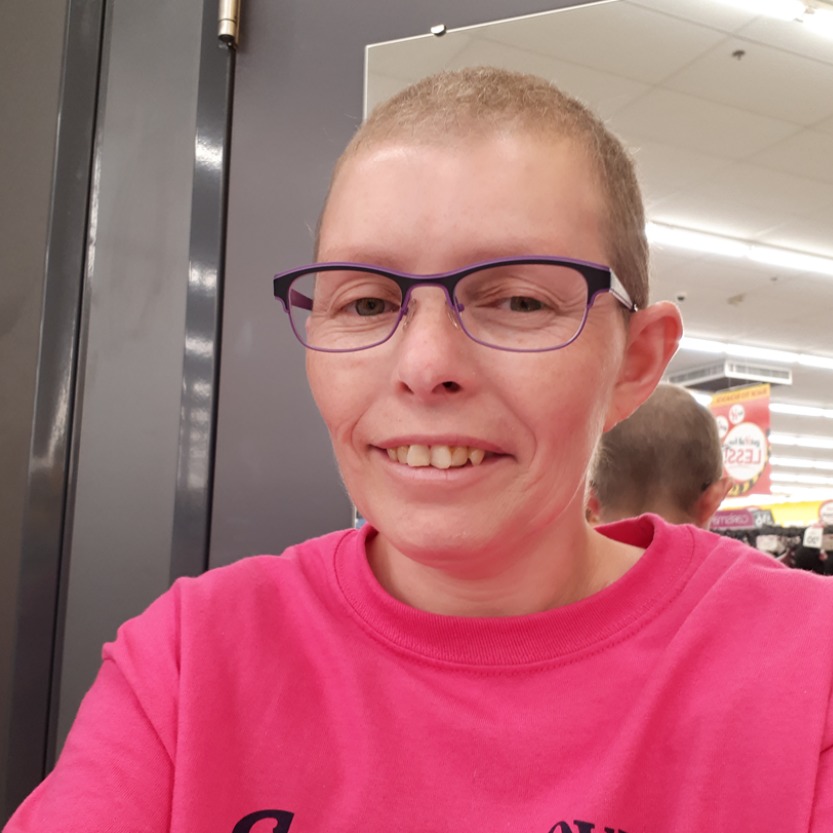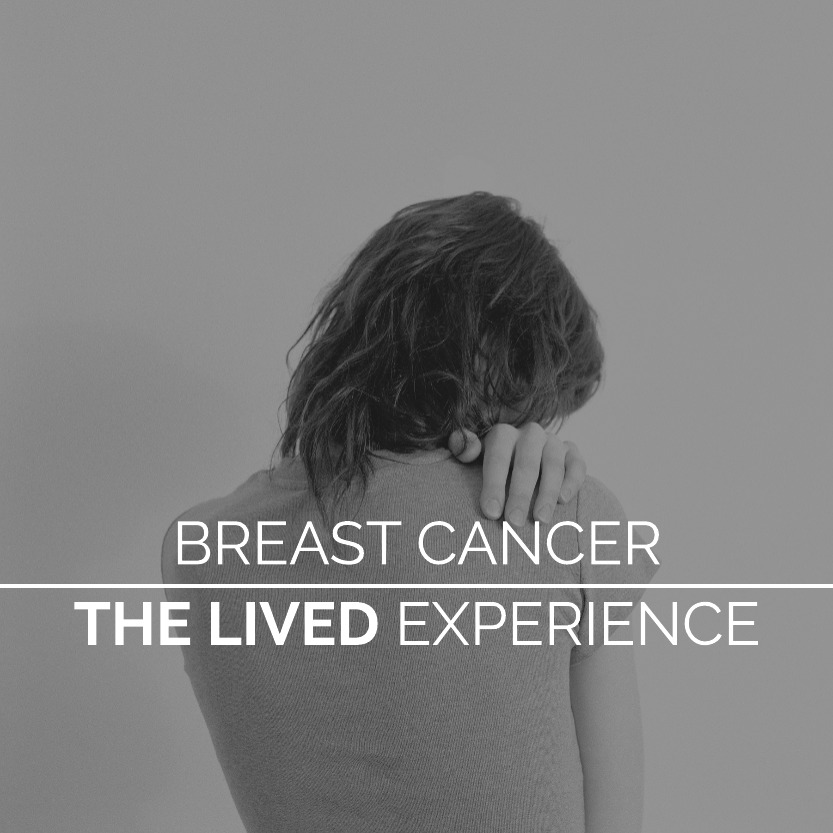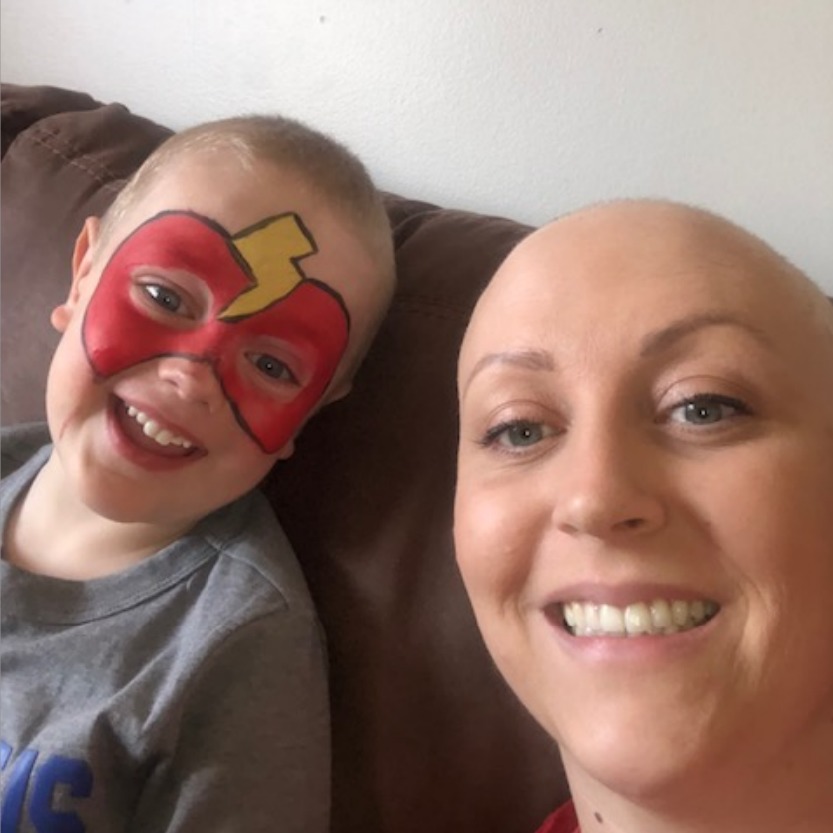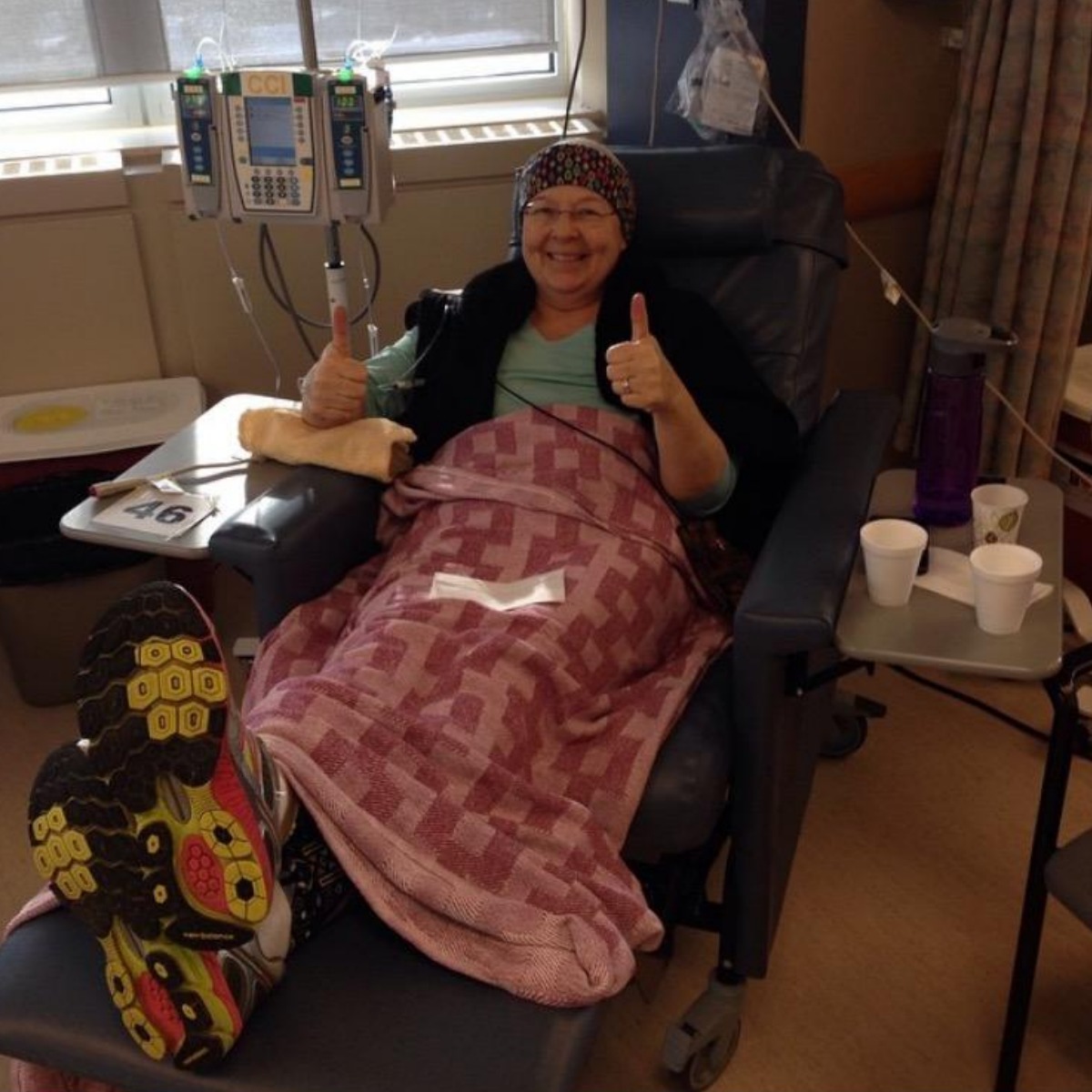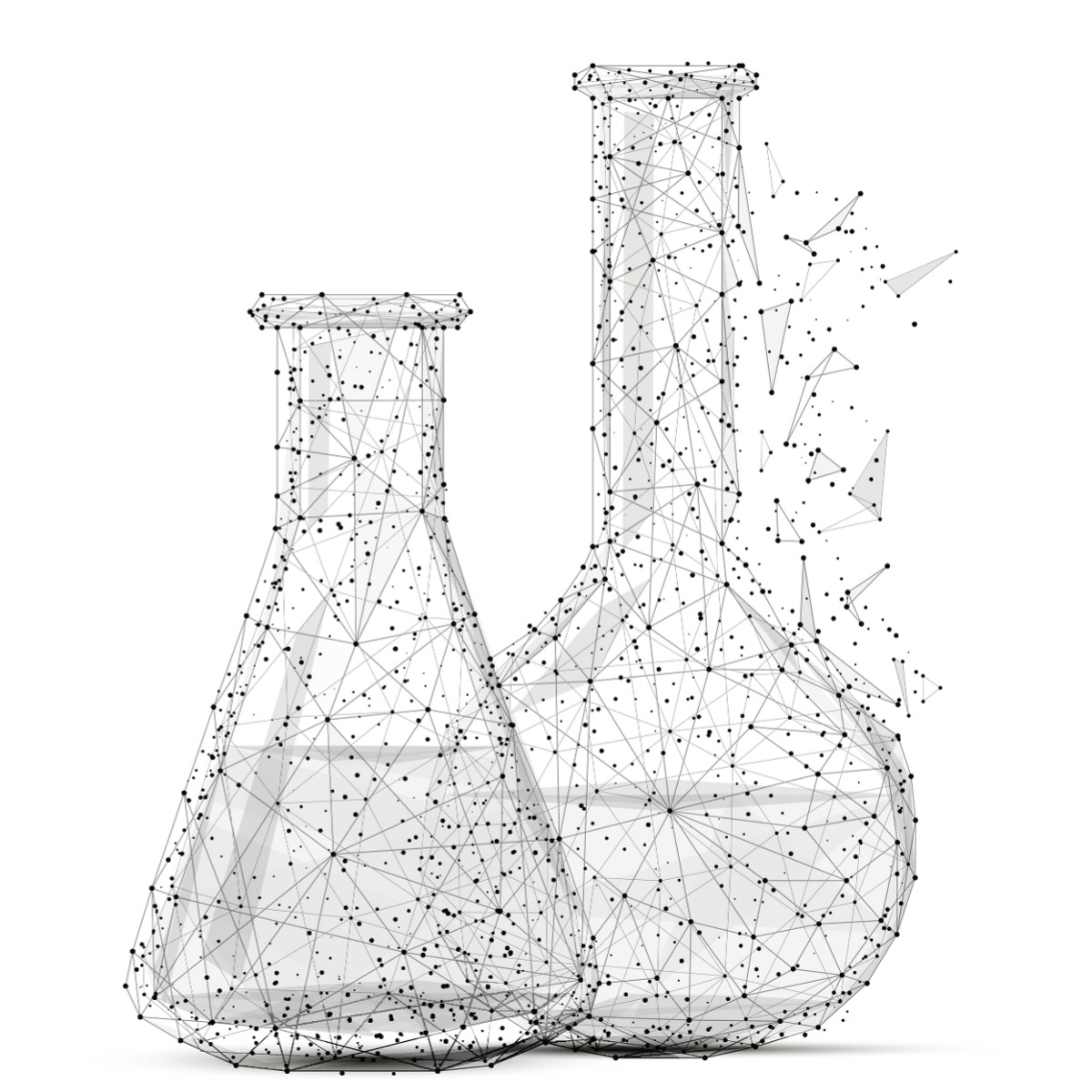By continuing to use our site, you consent to the processing of cookies, user data (location information, type and version of the OS, the type and version of the browser, the type of device and the resolution of its screen, the source of where the user came from, from which site or for what advertisement, language OS and Browser, which pages are opened and to which buttons the user presses, ip-address) for the purpose of site functioning, retargeting and statistical surveys and reviews. If you do not want your data to be processed, please leave the site.
The Voice of People With Breast Cancer
Education
Our Voices Blog
SurgeryGuide: Helping you understand your surgical options
We all know how integral surgery is for the treatment of breast cancer. It’s usually the first step in treating early stages of the disease which means it can come quickly after diagnosis. The time when you’re still processing your diagnosis is also the time when you’re making some of the most important decisions about your treatment. Trying to make these decisions while learning this new, complicated language called cancer doesn’t make those decisions any easier.
A rare triple negative case
Typically Stage IV triple negative breast cancer metastasizes to the bones, lungs, liver, and brain; however, mine is not in any of my organs. Mine was only in the left breast, both axillary lymph nodes, two on the left side of my neck, as well as two spots on my chest wall near the lung.
Understanding the Lived Experience of Breast Cancer
No person truly understands what it’s like to be diagnosed with breast cancer until it happens to them. It can be terrifying and overwhelming and can take physical and psychological tolls on a person’s body. 1 in every 8 Canadian women will hear the words “You have breast cancer” in her lifetime and 5,000 Canadians die from metastatic breast cancer each year. That means 26,000+ women every year have to live through surgery, chemo, radiation and side effects like fatigue, depression, chemo brain, and nausea, all while balancing their work and home life. Understanding the lived experience of a diagnosis like this is imperative to improving support for patients, survivors and their families.
The Power of We
Together we can accomplish great things! It’s always amazing to watch how individuals coming together as one united voice can truly make a difference in the lives of others.
The innocence of a toddler and the reality of cancer
It was just another typical morning in our house, trying to get my son fed and dressed before I take him to daycare. As I am multitasking, getting myself dressed and making sure my son is actually brushing his teeth, I notice he’s watching me. He’s still trying to process those two large scars across my chest. The incisions are still fresh and slowly healing and turning to scars. Scars that represent where my breasts once were but now is just an empty space. He finally pipes up. “When are your boobies going to grow back, Mommy?” He asks so innocently.
Here’s what you need to know about inflammatory breast cancer
Inflammatory breast cancer (IBC) is a rare and aggressive form of the disease that doesn’t get a lot of attention. It’s tough to diagnose because of its unusual symptoms, and it’s more common in young women which makes it particularly tricky since the symptoms mimic that of mastitis, a common breast infection in new moms who breastfeed. Here’s what you need to know:
History of breast cancer treatment
People have known about breast cancer since ancient times. For most of that time, there were no effective treatments. However, in the last 120 years, advances in surgical and medical treatments have meant that today, 98 percent of patients with localized breast cancer survive at least five years after diagnosis. The following timeline shows the development of breast cancer treatments.
Triple-negative breast cancer: managing the fear of recurrence
“Abject terror floating in the back of my head.” That’s how Shelley Moore of St. Albert, Alberta describes her reaction to her 2014 diagnosis of Stage II triple negative breast cancer.
Understanding Biosimilar Drug Development
Biosimilar drug development involves many of the same steps that a biologic drug goes through but with a different focus.
The healing powers of meditation
Meditation programs are popping up across Canada – and for good reason. This centuries-old practice, also known as mindfulness, is one of the best tools for our health, well-being, and happiness. Research shows a daily meditation practice reduces stress, depression, and inflammation while improving sleep, fatigue, and menopausal symptoms in women who have a breast cancer diagnosis. Additionally, studies connect meditation and an enhanced immune function. These are all important considerations when you’ve had a breast cancer diagnosis.


